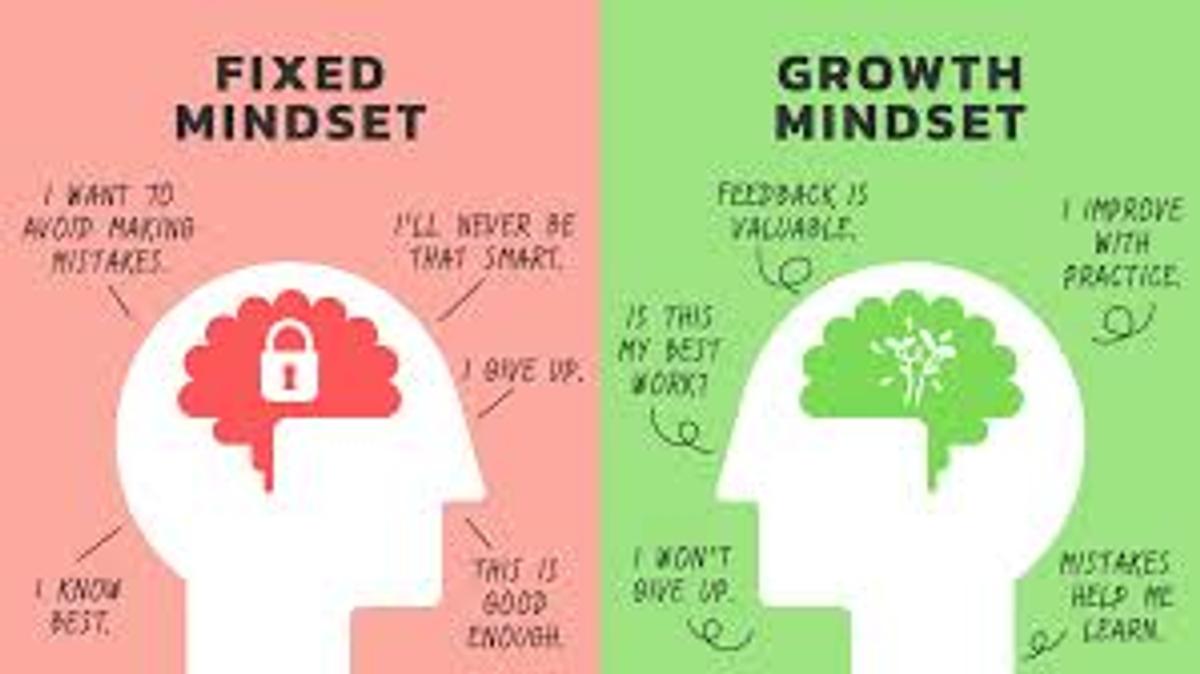The Power of Yet: Encouraging a Growth Mindset at School and Home
At Melton Secondary College, we are committed to not only helping students succeed academically but also to supporting their personal development. One of the most effective ways to foster resilience, motivation, and a love of learning is through encouraging a growth mindset.
What is a Growth Mindset?
A growth mindset is the belief that intelligence, abilities, and talents can be developed over time through effort, persistence, and learning. This concept, based on the work of psychologist Dr Carol Dweck, stands in contrast to a fixed mindset—the belief that our abilities are static and unchangeable.
For example:
- Fixed mindset: “I’m just not good at maths.”
- Growth mindset: “I find maths challenging, but I can improve with practice and support.”
Why Does Growth Mindset Matter?
Students with a growth mindset are more likely to:
- Embrace challenges rather than avoid them
- See mistakes as opportunities to learn
- Persist through setbacks
- Put effort into learning rather than relying on natural talent
In contrast, a fixed mindset can lead to fear of failure, low self-confidence, and a reluctance to try new or difficult tasks.
How We Promote Growth Mindset at School
Our teachers incorporate growth mindset strategies into the classroom by:
- Praising effort, strategy, and progress—not just results
- Encouraging students to reflect on what they’ve learned from mistakes
- Providing constructive feedback that guides improvement
- Using language that reinforces the power of yet—“You don’t understand this yet, but keep going.”
How Families Can Support Growth Mindset at Home
Parents and carers are powerful role models in helping students develop a growth mindset. Here are a few ways to support this at home:
- Praise Effort and ProcessFocus on how hard your child tried or what strategies they used, rather than just outcomes.“I’m proud of how much effort you put into this.”
- Encourage Learning from MistakesHelp your child see mistakes as part of learning rather than something to fear.“What can you learn from this experience?”
- Use the Language of GrowthAdd yet to fixed statements:“You haven’t mastered this yet, but you’re getting closer every day.”
- Model a Growth Mindset YourselfShare your own learning experiences, including challenges or failures and how you worked through them.






